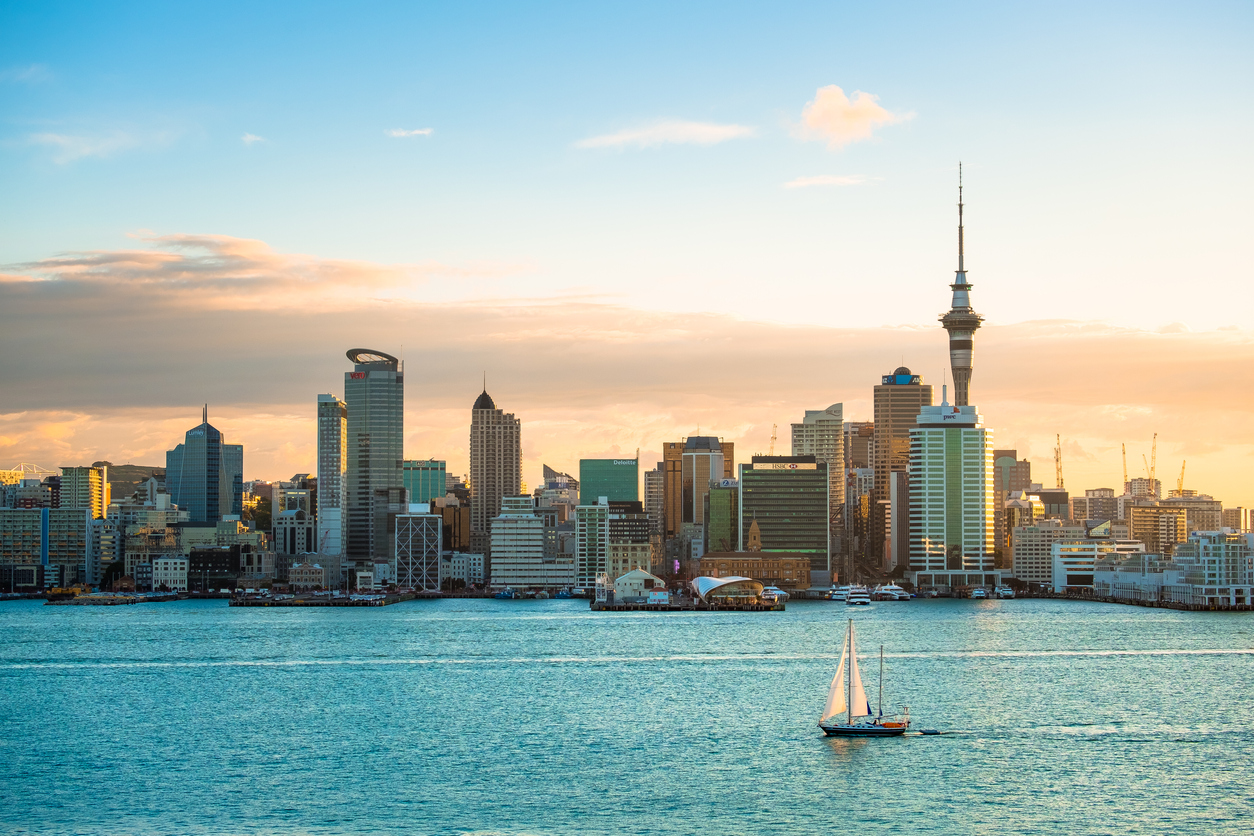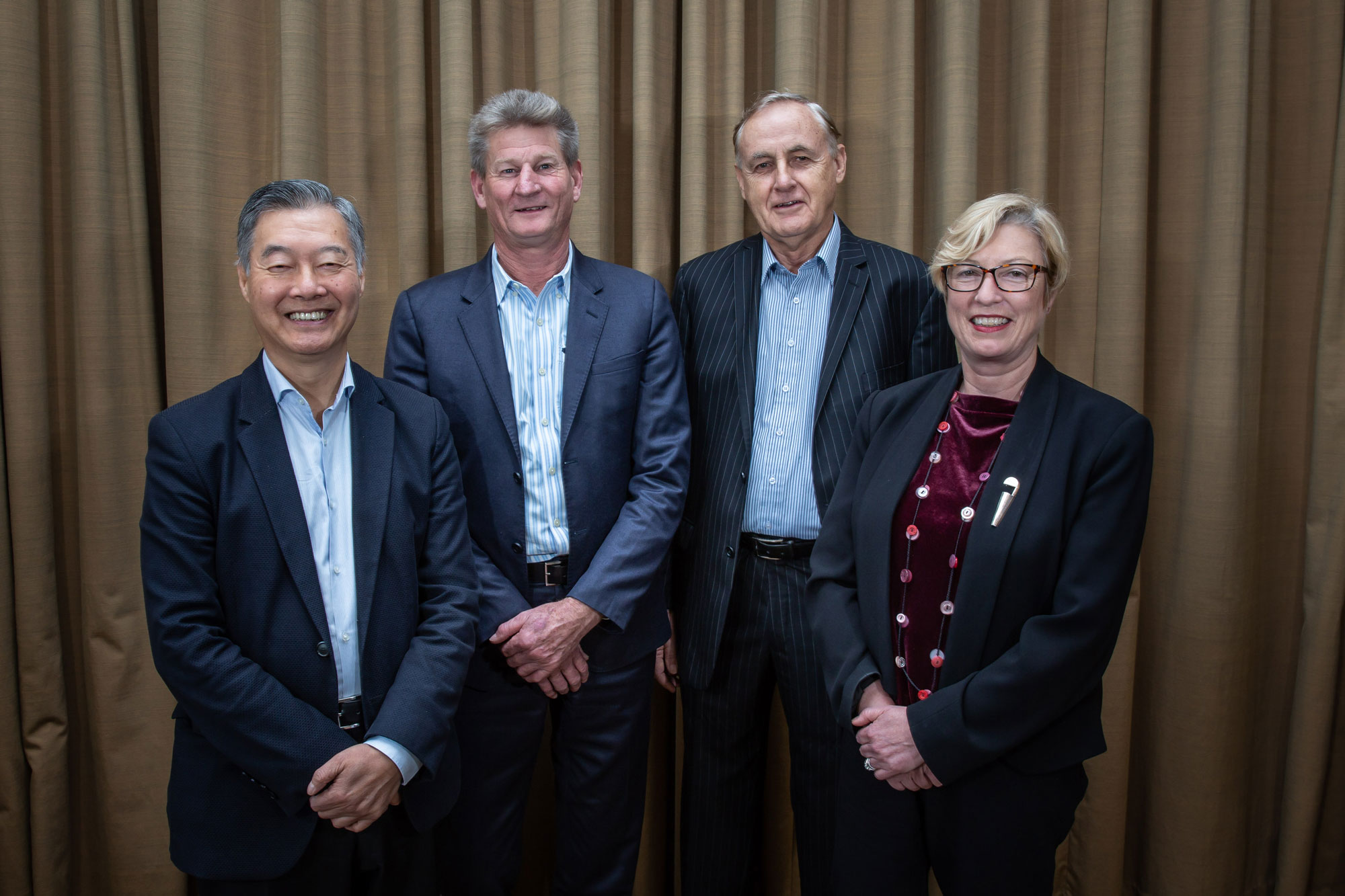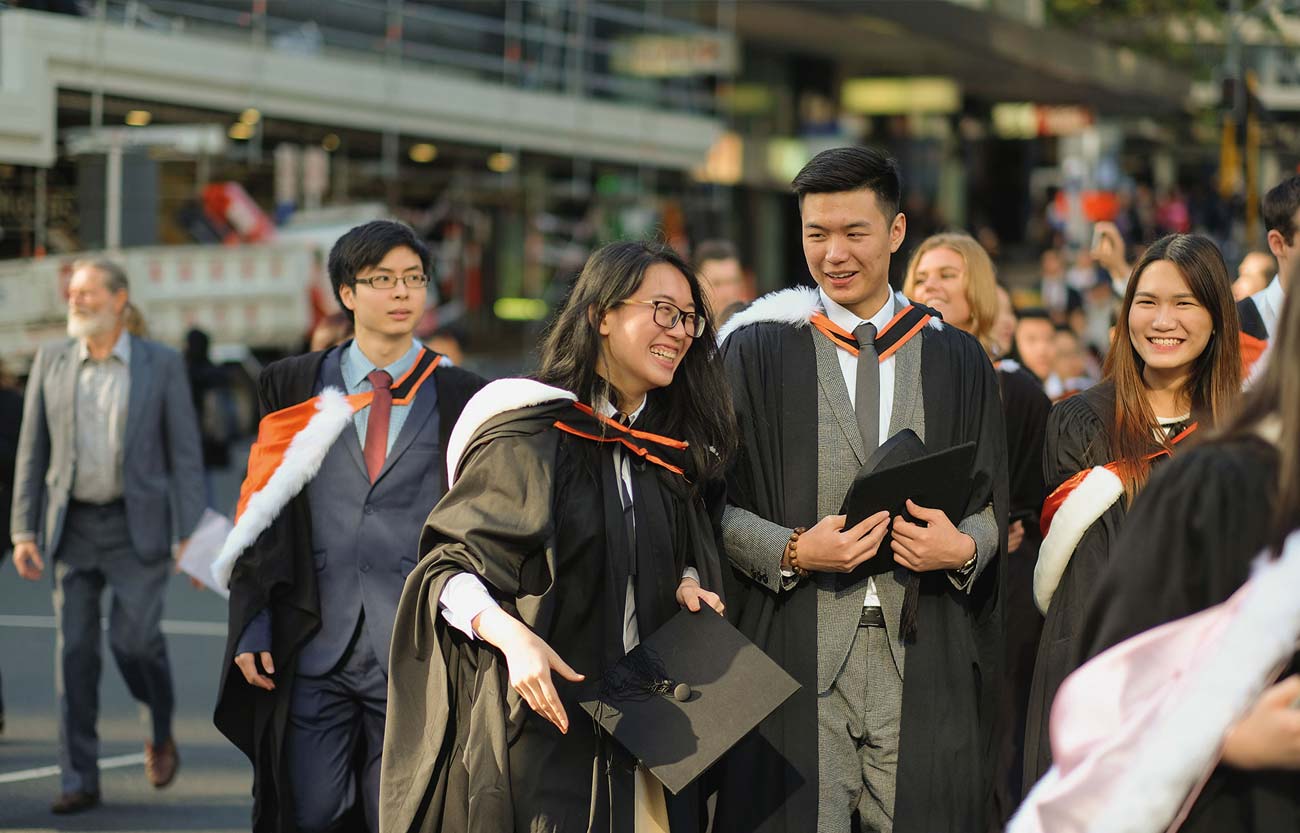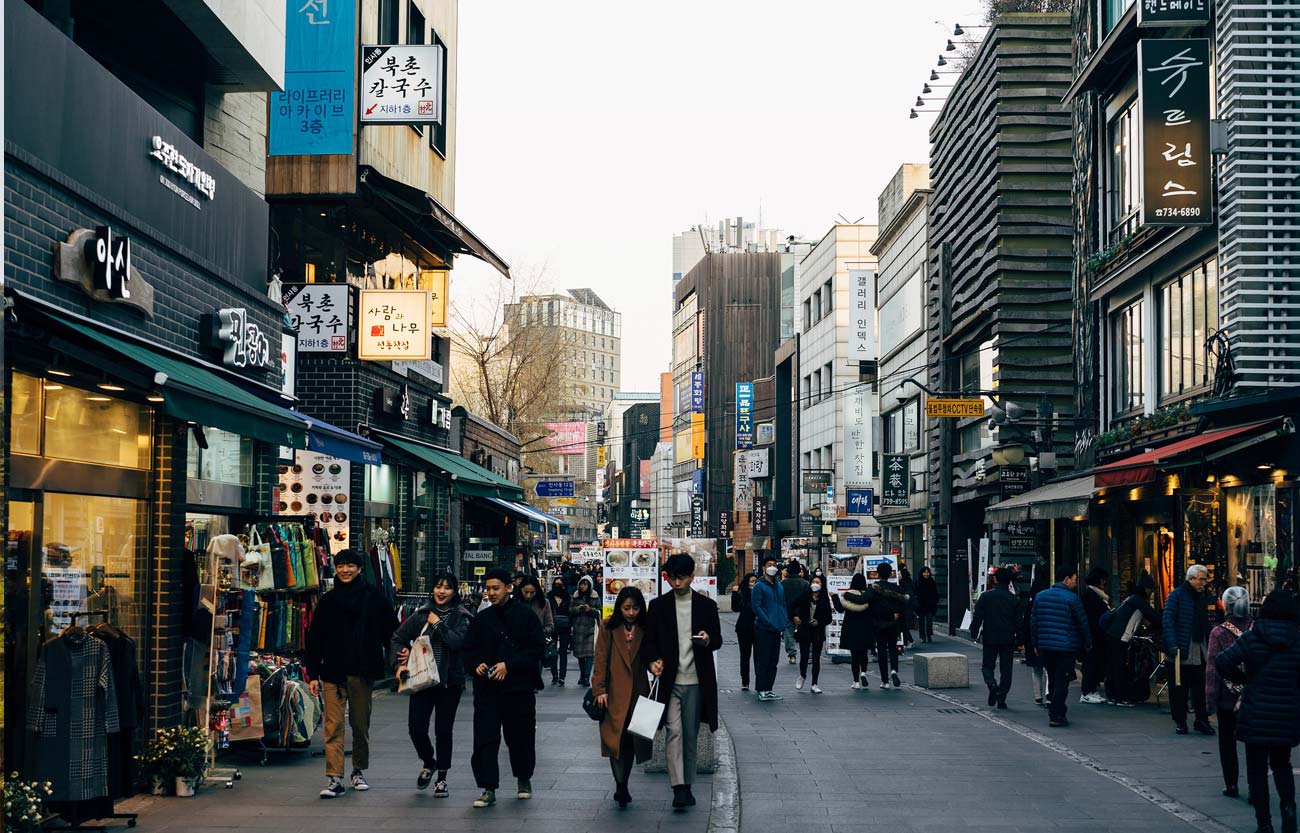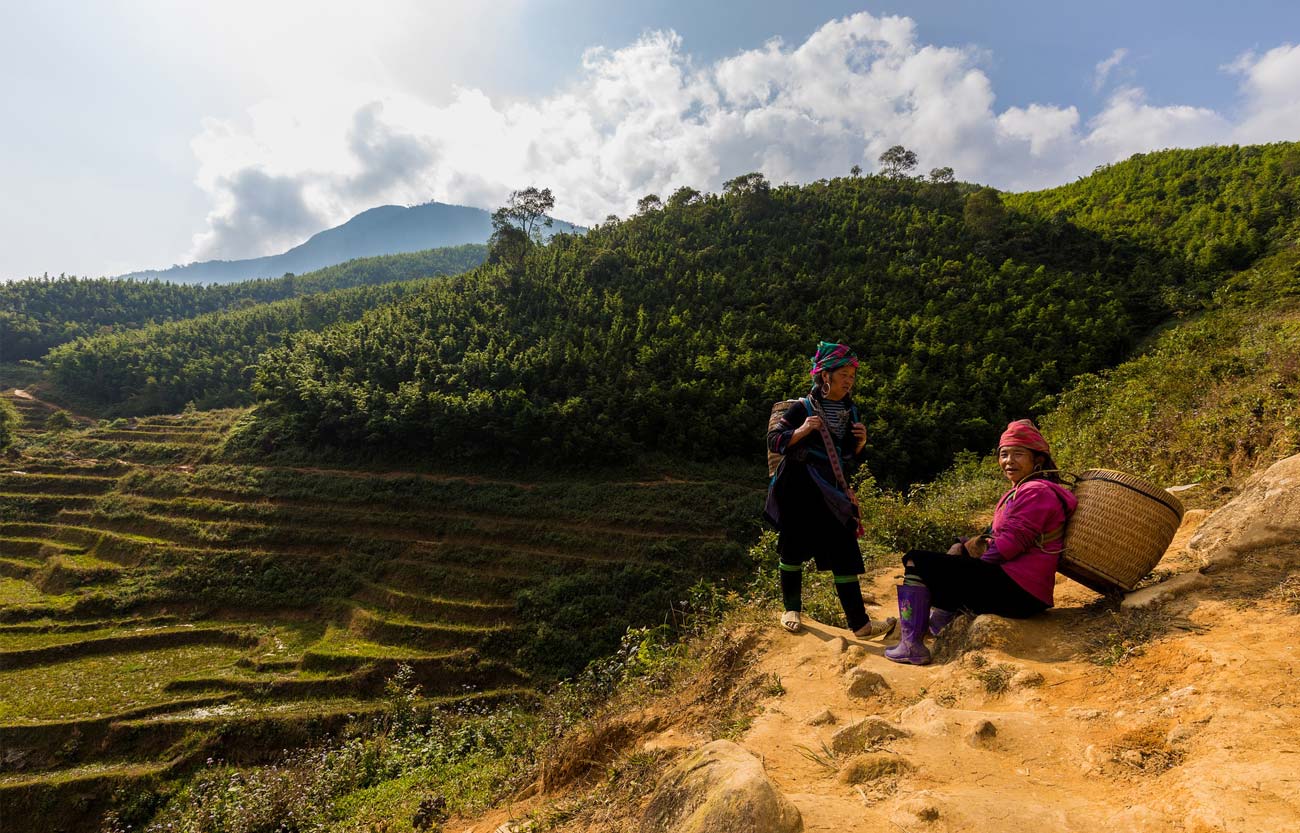
Programmes have been developed to:
- equip New Zealanders to engage and do business with North Asia, Southeast Asia, and Latin America
- broaden and deepen New Zealanders’ understanding of the region’s diverse cultures, societies, languages, politics, and economies
- enhance New Zealand’s economic, trade, political, and cultural relationships within the region.
Programmes include:
- practical workshops, short courses, and resources for businesses
- expert speaker seminars offering economic analysis and geopolitical insights
- opportunities for digital language and cultural immersion
- business development, internships, and professional development
- building of global citizenship for teachers and their students, from school to tertiary
- support for language pathways in schools and tertiary institutions.
Programmes have been developed to:
Equip New Zealanders to engage and do business with the Asia-Pacific region (North Asia, Southeast Asia, and Latin America)
Broaden and deepen New Zealanders’ understanding of the region’s diverse cultures, societies, languages, politics, and economies
Enhance New Zealand’s economic, trade, political, and cultural relationships within the region
Programmes include:
Practical workshops, short courses, and resources for businesses
Expert speaker seminars offering economic analysis and geopolitical insightsOpportunities for digital language and cultural immersion
Business development, internships, and professional development
Building of global citizenship for teachers and their students, from school to tertiary
Support for language pathways in schools and tertiary institutions

Frequently asked questions
Who funds the Centres of Asia-Pacific Excellence (CAPEs)?
The CAPEs are funded by the NZ government through the Tertiary Education Commission. The CAPEs programme was allocated $34.5 million over four years in the Government’s 2016 Budget.
What are the aims of the CAPEs?
The CAPEs aim to foster knowledge and to build cultural and economic ties between New Zealand and the Asia-Pacific. There are three CAPEs focusing on North Asia, Southeast Asia, and Latin America, respectively. Each CAPE is committed to helping businesses, particularly small and medium enterprises (SMEs), as well as learners, teachers, exporters, and communities to improve their understanding of the Asia-Pacific and its many cultures and languages.
Why are universities involved with the CAPEs?
The CAPEs are a university-led initiative supported by a consortium of New Zealand’s leading tertiary institutions: the University of Auckland, the University of Waikato, the University of Otago, and Victoria University of Wellington. The universities have deep expertise in business, language, culture, history and politics in the Asia-Pacific region. Together they offer strategic linkage between academic research and business-focused expertise. The North Asia CAPE, which focuses on Greater China, Japan, and Korea, is hosted by the University of Auckland. Victoria University leads the SEA CAPE, which works to enhance the way New Zealanders understand and do business with the ten ASEAN countries and Timor Leste. Victoria University also leads the Latin America CAPE, which helps ensure engagement with Latin America’s most economically robust and and trade-friendly countries.
Why do we need three new organisations focused on the Asia-Pacific?
All three CAPEs are about capability-building for New Zealanders to make them better prepared to respond to the opportunities of engaging with the Asia-Pacific region.
There are already a number of organisations dedicated to strengthening business and cultural relationships across the Asia-Pacific. However, the CAPEs are unique in their cross-institutional and multi-sector approach that bridges cutting-edge research and industry expertise. Further, while the CAPEs share a common goal of strengthening New Zealand’s economic and cultural ties with the Asia-Pacific, each CAPE has its own approach to achieving this goal. The North Asia CAPE is focused on building business across cultures in Greater China (including Hong Kong and Taiwan), Japan, and Korea, and on strengthening language pathways for learners of Chinese, Korean, and Japanese. The SEA CAPE aims to equip New Zealanders to engage with and do business with the ASEAN countries and Timor Leste. The Latin America CAPE showcases and optimises the potential for profitable business connections across Latin America’s largest economies and most trade-friendly countries.









